Is Spray Foam Insulation Good for Soundproofing?
Getting tired of hearing every little sound coming from the next room or outside your house? You can enjoy more by using soundproofing spray foam in your home, office, or room. A spray foam insulation system keeps noise out at all times and maintains a constant temperature.

In this article, we will discuss what spray foam soundproof insulation is about, the science behind soundproofing, and the benefits of spray foam sound insulation.
What is Spray Foam Soundproof Insulation?
Spray foam soundproof insulation uses polyurethane foam insulation to reduce noise in buildings. Spray foam insulation is a good choice for soundproofing because it helps absorb noise. Spray foam is applied to walls, roofs, ceilings, and building floors to dampen the sound coming from outside. For example, soundproof insulation for floors is done using spray foam to reduce noise between floors in a building.
How Does Spray Foam Soundproof Insulation Work?
Spray foam soundproof insulation helps create a soundproof environment by creating a barrier that stops noise from entering. Spray foam insulation seals gaps, holes, and leaks that can cause noise from entering or leaving your house. Spray polyurethane foam is an excellent choice for soundproofing as it expands to seal every hole and crevice that can lead to the transfer of soundwaves between your home and the surrounding environment.
Soundproof insulation foam can be applied to different areas in your home, like the roof, attic, walls, and basement, to make your home energy efficient and absorb sound waves. A typical example is sound insulation for windows, where polyurethane foam is applied to reduce noise.
How Can Spray Foam Insulation Help Reduce Noise Pollution?
Spray foam insulation can help reduce noise pollution by sealing your space air. In addition, spray foam insulation is effective in sealing hard-to-reach places that would have caused noise transmission in your home.
The Science of Soundproofing
A good understanding of the science of soundproofing will make you realize how sound is being transmitted and how spray foam insulation is a good way to reduce its transmission. A sound is a form of energy, and its intensity is measured in decibels (dB).
Sound energy travels in waves through the air. As sound travels outward from a source, it vibrates the air as it moves and hits the eardrums. As soon as it hits the eardrum, it is transferred to the brain, where the sound is being interpreted. Therefore, as sound travels from its source, the intensity naturally reduces, and it becomes less audible as you move away from it.
Soundproofing works in two simple ways; by moving away from the source or creating a barrier that can stop or absorb the medium through which sound waves travel - air. For example, spray foam helps to soundproof apartments by absorbing the soundwaves that would have otherwise passed through tiny edges or spaces in the house.
The Benefits of Spray Foam Soundproof Insulation
The best soundproof insulation is spray foam because it offers high-quality soundproofing. The benefits of spray foam soundproof insulation include the following:

Improved Comfort
Spray foam sound insulation improves your home's comfort by reducing unwanted noise from your surrounding. For example, if you stay in a noisy environment or along a busy road, soundproof spray foam will absorb the noise coming from outside and make your home peaceful and comfortable.
Energy Efficiency
Spray foam insulation makes your home energy efficient by regulating the temperature. Spray foam insulation reduces the energy needed by the HVAC system to maintain a comfortable environment by making your home air-sealed, reducing air filtration into your home significantly.
Noise Reduction
Apart from reducing external noises coming into your home, spray foam reduces noise transmission between rooms and floors. In addition, sound insulation for walls and doors helps you achieve a quiet study room or a home office.
Moisture Control
Spray foam sound insulation eliminates moisture buildup in your home. This helps reduce drafts and improve the air quality in your home.
Which Type of Spray Foam is Better for Soundproofing?
Spray foam has two types; open-cell spray foam and closed-cell spray foam. This article on Open Cell Spray foam vs Closed Cell Spray foam talks about the difference between both types of spray foam and their peculiar benefits. Here are the highlights;
Open Cell
As the name implies, open-cell spray foam is made up of cells that are not completely closed, making them soft and flexible. Open-cell spray foam is porous in nature, making it an excellent sound absorbent.
Closed Cell Cell
Closed-cell spray foam has completely closed cells. Compared to open-cell spray foam insulation, closed-cell spray foam insulation is dense and more rigid. Closed-cell also offers a higher R-value than open-cell spray foam insulation. Closed-cell spray foam is also a good option to reduce the transmission of sound waves.
Open Cell vs. Closed Cell for Soundproofing,
The porosity of the open-cell spray makes it a better option for trapping sound than closed-cell spray foam. Open-cell spray foam insulation offers better soundproofing for structures as it dampens soundwaves effectively than closed-cell spray foam.
FAQs About Soundproof Insulation
Which Insulation Is Best For Soundproofing?
Spray foam insulation is the best for soundproofing your home as it seals every gap and hole that can cause sound waves to enter and leave the building.
Does Spray Foam Insulation Reduce Noise?
Yes, spray foam insulation can help reduce noise. Spray foam blocks unwanted noise from entering your home by reducing air filtration.
Can You Spray Paint Soundproofing Foam?
Soundproofing foam is also known as acoustic foam, and it is not to be painted as it can become useless. Nevertheless, you can paint your home if you are soundproofing your home using spray foam insulation. It is important to allow polyurethane foam to cure properly before painting.
Can I Install Spray Foam Soundproof Insulation Myself?
You can install spray foam soundproof insulation as a DIY project by following the right guideline.
Author : Krakenbond Team


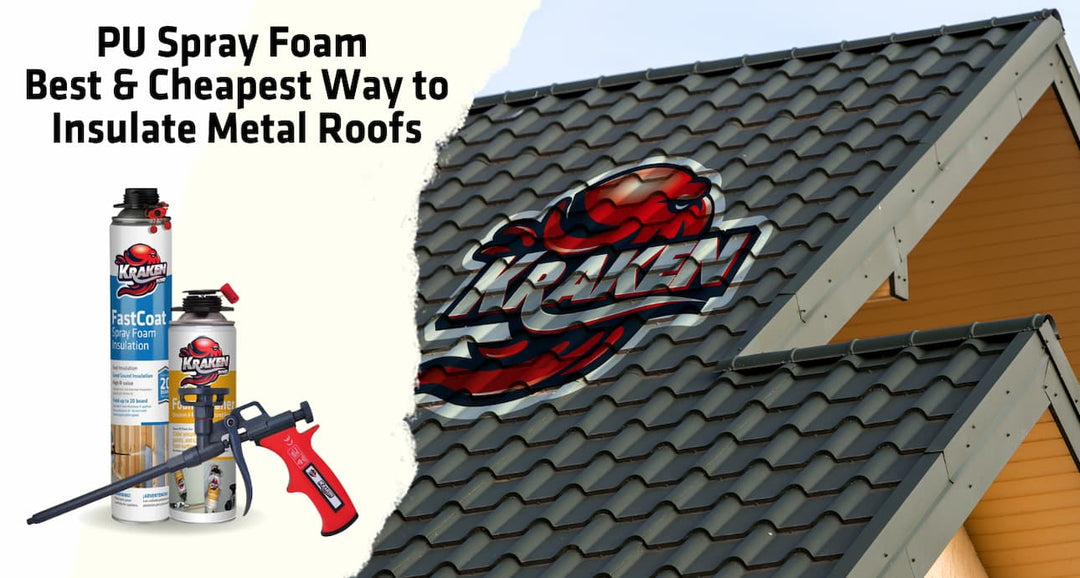




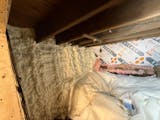

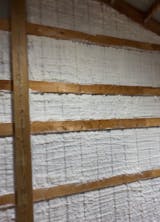
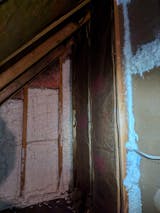
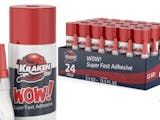





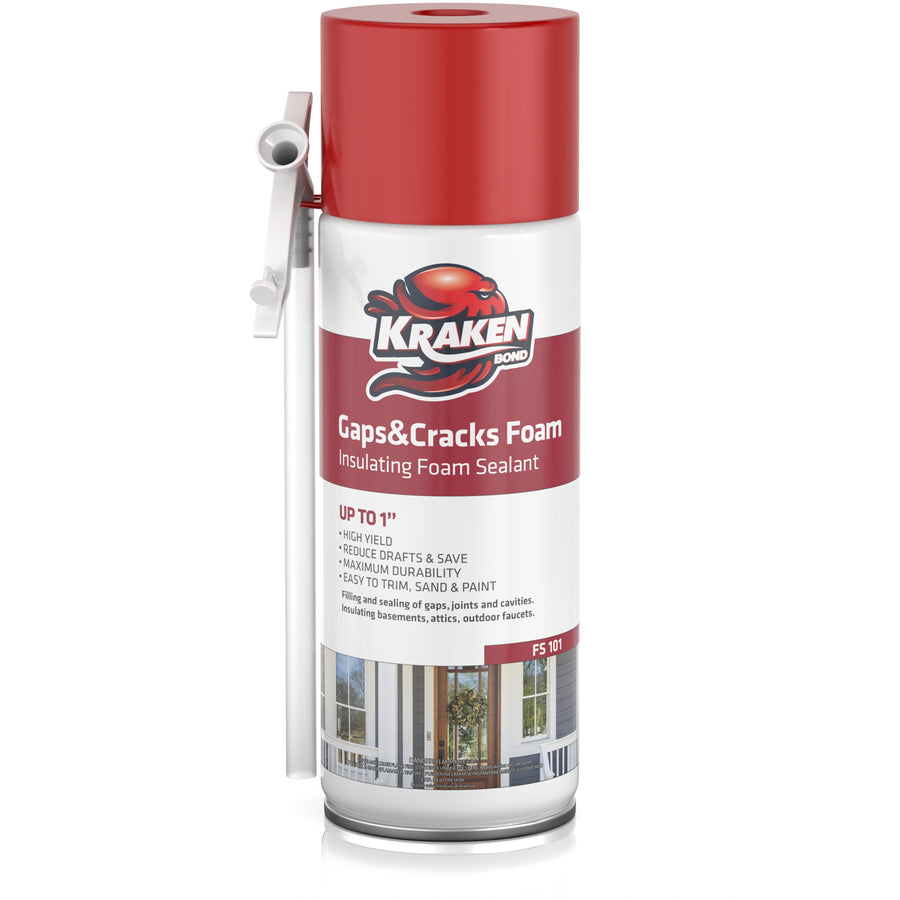
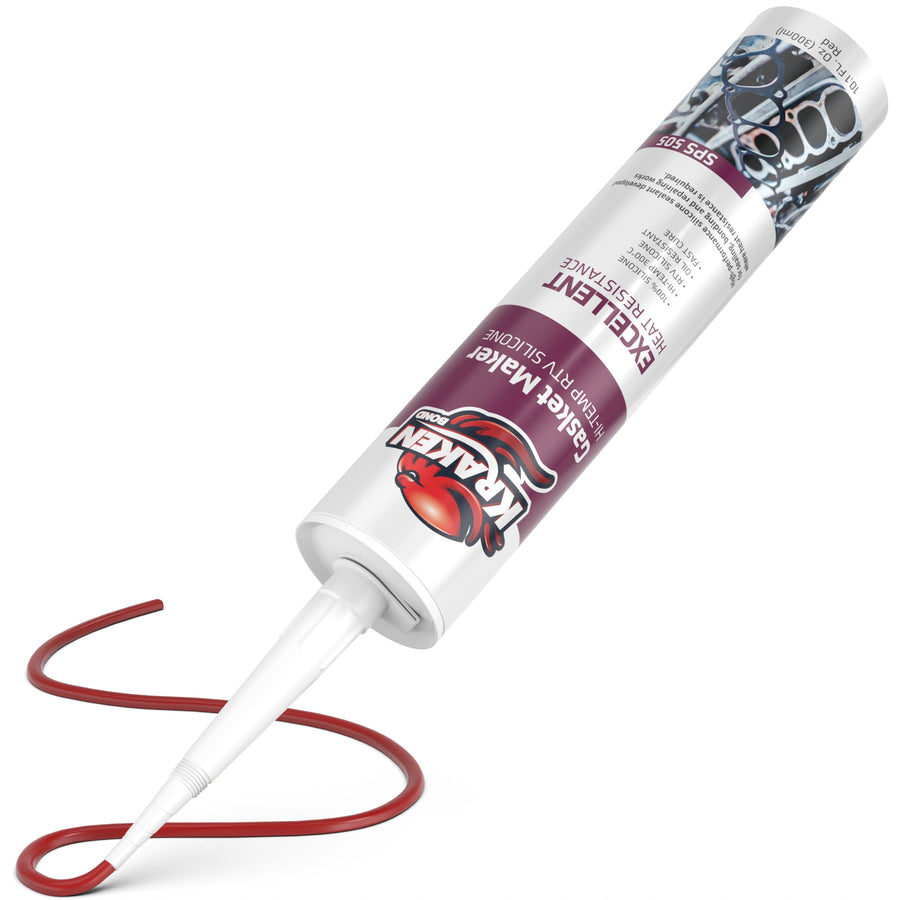
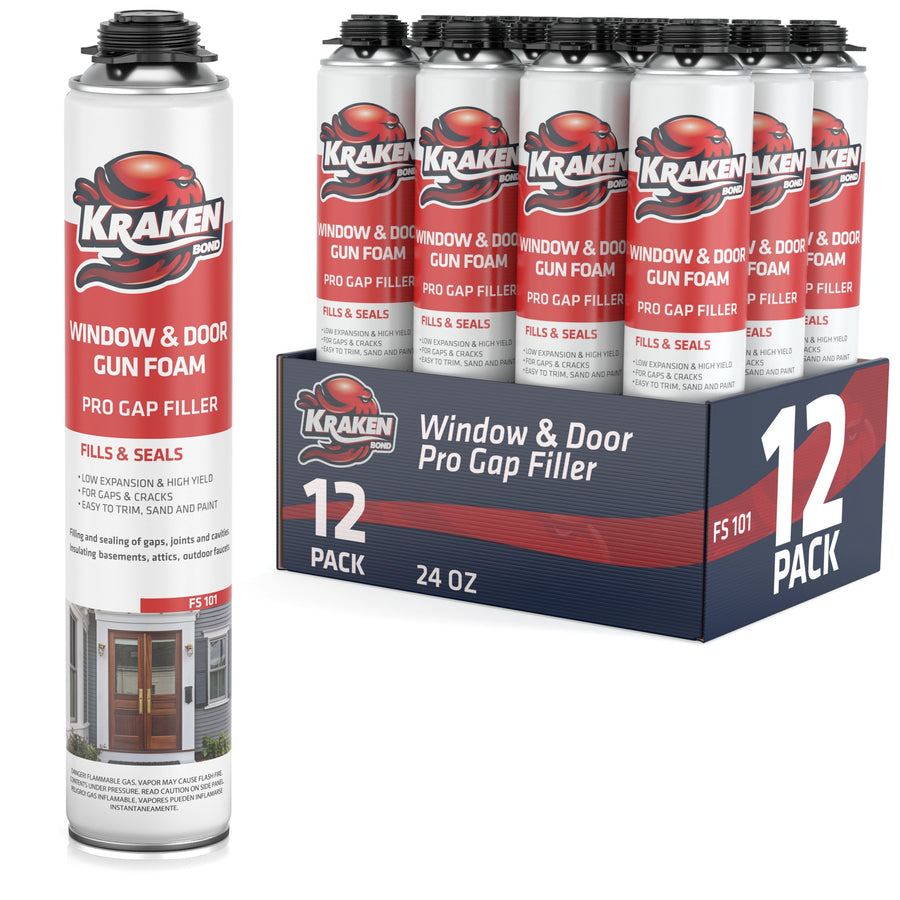
Leave a comment